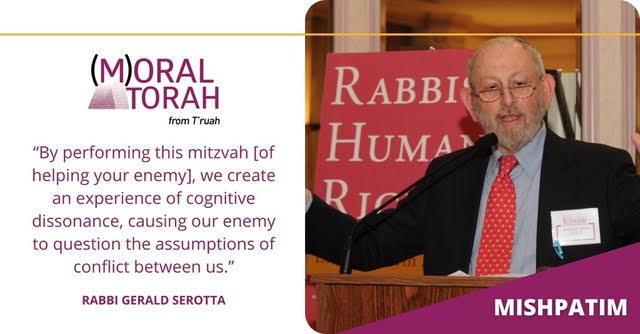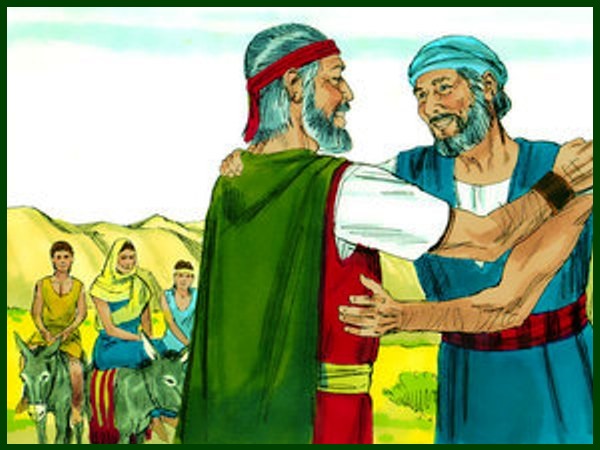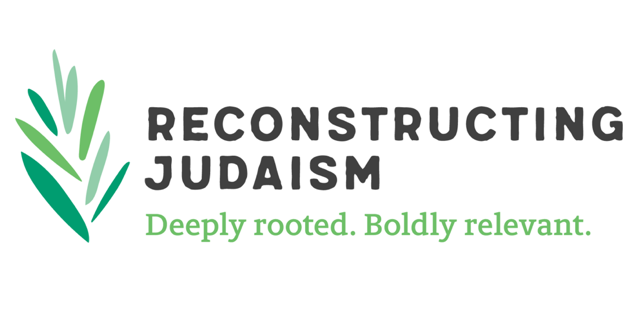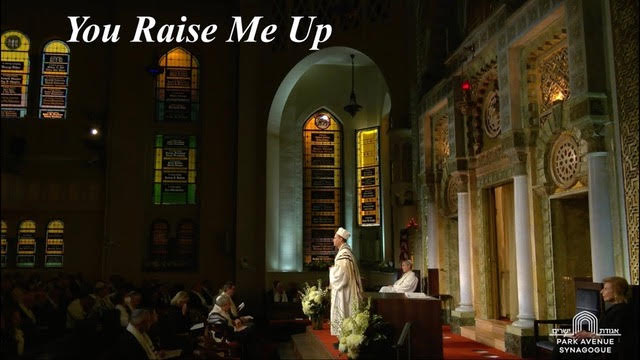Rabbi Gerald Serotta: Mishpatim Our Ethics and Our Enemies
Rabbi Serotta writes that our experience of oppression over centuries in Egyptian exile must impact our behavior. When we experience being “the other”, we may identify with the oppressor or the oppressed. Ecclesiastes 3:15 states that “God will always seek out those being pursued / othered.” Yet during Passover, we emphasize our experience as strangers rather than slaves.










